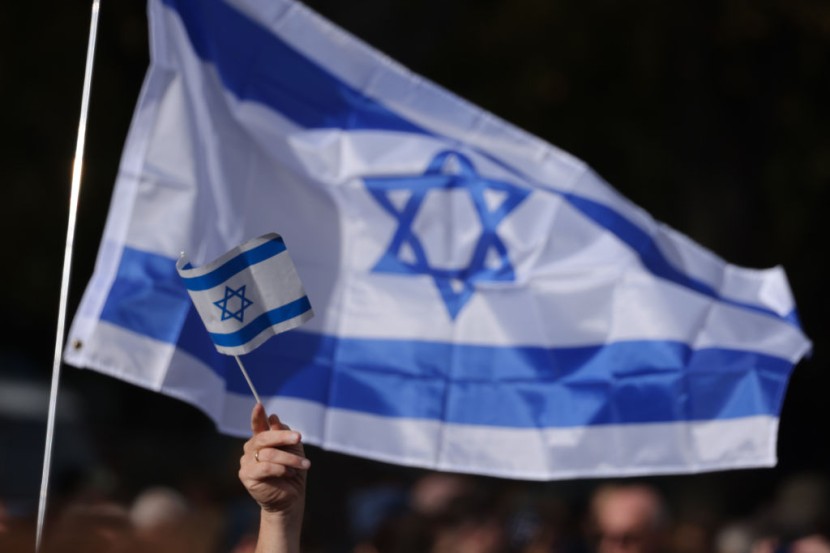In a statement obtained by Al Jazeera late Thursday, Former Israeli army chief Gadi Eizenkot said a deal is needed to ensure captives being held in the Gaza Strip are released alive.

Eizenkot, whose youngest son was killed in fighting in Gaza last month, said the fate of the captives should take priority over other war aims, even if that means Israel missing out on an opportunity to take out the political leader of Hamas.
When asked if the captives could be released in a rescue mission similar to the 1976 operation in which Israeli commandos freed about 100 hostages in Entebbe, Uganda, he said it was unlikely to happen.
"The hostages are scattered in such a way - even underground - that the likelihood [of such an operation] is extremely low," Eizenkot told Israel's Channel 12 program Uvda.
"We are still making efforts and looking for every opportunity, but the likelihood is low and to say that this is how it will happen is to sow an illusion."
Eisenkot's comments were the latest sign of disagreement among Israel's political and military leaders over the direction of the offensive in Gaza, now in its fourth month.
Cost In Human Lives
According to The Associated Press, Israel's offensive is one of the deadliest and most destructive military campaigns in recent history, killing nearly 25,000 Palestinians and uprooting more than 80% of the territory's population, as reported by Gaza health authorities.
Israel has also cut off all but a trickle of supplies into the besieged territory, including food, water, and fuel. Several dozen trucks with critical supplies now enter Gaza each day, just a fraction of the prewar volume of about 500 trucks. Both the United States and the United Nations have said more aid needs to be delivered.
The United States, Israel's closest ally, has provided strong military and political support for the campaign but has increasingly called on Israel to scale back its assault and take steps toward establishing a Palestinian state after the war - a suggestion Israeli Prime Minister Benjamin Netanyahu has soundly rejected.
Netanyahu and Defense Minister Yoav Gallant have said the fighting will continue until Hamas is crushed, and argue that only military action can win the hostages' release. Hamas seeks an end to the war before discussing hostage releases, and it has demanded the release of thousands of Palestinians imprisoned by Israel in exchange for those held captive in Gaza.
In subtle criticism of Netanyahu, Eisenkot also said strategic decisions about the war's direction must be made urgently and that a discussion about an endgame should have started immediately after the war began. He also dismissed claims that the military has delivered a decisive blow against Hamas.
Gallant has said troops disabled the Hamas command structure in northern Gaza, from where significant numbers of troops were withdrawn earlier in the week, and that the focus is now on the southern half of the territory.
"We haven't yet reached a strategic achievement, or rather only partially," Eisenkot said. "We did not bring down Hamas."
The former army chief said he examines every day whether he should remain in the five-member War Cabinet, which includes Netanyahu, Gallant, former Defense Minister Benny Gantz, and Ron Dermer, strategic affairs minister in the Netanyahu government.
Eisenkot is a member of parliament in the opposition National Unity alliance headed by Gantz. Both joined Netanyahu to help lead the war.
"I know what my red line is," Eisenkot said when asked at what point he would quit. "It's connected to the hostages, that is one of the objectives, but it's also connected to the way in which we need to run this war."
© 2025 HNGN, All rights reserved. Do not reproduce without permission.









